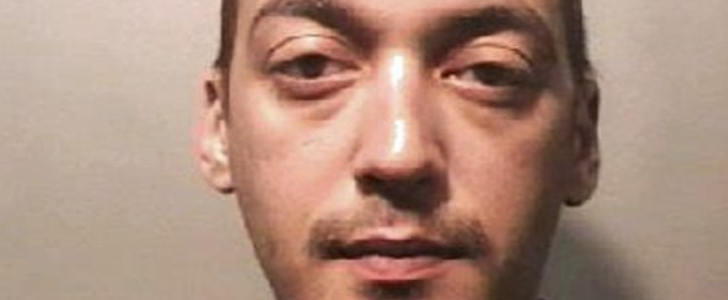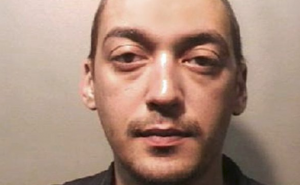
Britain who knocked Liberia’s internet with Zombie cyber attack was jailed

Daniel Kaye, 30, from Egham in Surrey, a British hacker was living in Cyprus when he was hired by an employee at Orange Liberia, Liberian Telecoms company Cellcom for $10, 000 a month to carry out cyber-attacks on its Lonestar, according to National Crime Agency.
Daniel Kaye remains at the heart of a major international investigation into hundreds of acts of cyber sabotage around the world. Jailing Kaye for 32 months at Blackfriars Crown Court in London after he pleaded guilty to creating and possessing criminal property, Judge Alexander Milne, QC said “Kaye had committed a “cynical” financial crime. Paradoxically, what is urged on your behalf is that you are an intelligent young man who knows what your powers can do. But that makes it all the more worrying that you used your abilities to carry out this attack”. Kaye wept as he was taken down.
Kaye, a self-taught hacker who began selling his considerable skills on the dark web – offering individuals opportunities to target and destroy their business rivals.
Kaye who used a network of hacked security cameras to overwhelm Lonestar’s network with data request crashing its systems, after he inadvertently shut down Liberia’s internet. The type of attack is known as a Distributed Denial of Service (DDOS) and is different to a ransom demand that locks up systems, such as the “Wannacry” attach on the NHS.One attack was so effective that it even temporarily disabled internet across Liberia, knocking out the country’s connection several times between November 3 and 4. The attacks had a “direct and significant” impact on Lonestar’s ability to provide services according to NCA and cost tens of millions of US Dollars in lost revenue as customers quit the network. Remedial action taken to defend against Kaye cost Lonestar $600, 000.
NCA officers arrested Kaye when he came back to the UK in February 2017, seizing his passport, laptop, mobile phone and $10, 000 in cash. He was then extradited to Germany on a European arrest warrant, where he received a suspended sentence after admitting responsibility for separate attacks on Deutsche Telecom that affected 1m customers in November 2016.
Kaye’s network of hacked cameras known as Mirai #14 Botnet, worked by secretly hijacking a vast number of Chinese-made Dahua webcams, which are used for security in homes and businesses around the world, thereby identifying that cheap cameras and other similar equipment had a security flaw and the devices could be taken over without owners knowledge, was also linked to “zombie” cyber army attacks in January 2017 against three British banks Barclays, Lloyds and Halifax, but these allegations were dropped after Kaye successfully argued he had lent control of the network to someone else.
Russell Tyner from the Crown Prosecution Service said “ Kaye was a talented and sophisticated cyber-criminal who created one of the world’s largest networks of compromised computers, which he then made available to other cyber criminals with no consideration as to the damage it would cause.”
